One hundred is an important number when it comes to the books a family owns. To talk about why, let’s first talk about music.
Do you sing, listen to music, or play a musical instrument? Imagine for a moment if almost every aspect of daily life – from cooking a meal to navigating around town, shopping, and working – depended on your understanding of and ability to make music. Now let’s compare two children; Ani’s family are all musically-able, the home has a piano, guitar, and many other smaller instruments, and there is music playing in the house every day. Ben’s family has no experience with music, no instruments in the home, no one ever sings, and the only music ever heard is background stuff on TV.
On the first day of kindergarten, the two children arrive at school, both eager to learn. After the teacher sings hello, Ani notices the piano in the corner and the circle of rhythm instruments laid out on the floor in a circle, and feels right at home. Ben has no idea what to do, and when he picks up an instrument and holds it upside down, he is immediately corrected and told to wait until he is shown the “right” way to use it. Neither of the children know how to play music yet. But Ani has already learned to value and enjoy music. She is well on the way to mastering skills and becoming “musically-proficient” when tested in the third grade, even though her parents have never tried to give her any lessons. Ben is already behind, and will likely stay that way in spite of being targeted with intensive music instruction throughout grade school. And since musical ability is the basis of success not only in education but throughout life, Ani will enjoy better long-term health, wealth and social outcomes.
Study after study has shown that the children who learn to read proficiently have two things that separate them from those who struggle: books in the home and a regular habit of self-chosen reading. More specifically, homes where children have access to at least 100 books and report a daily habit of reading are homes that produce avid readers. The term for those homes is “scholarly culture.” The families have an overall attitude and appreciation for reading as a life skill that is practiced so regularly and naturally that it is taken for granted.
It is not necessary to “teach” our young children to read before they start to preschool. Drilling two-year-old with flash cards may not be harmful, if we keep it playful and fun, but it also won’t make them better readers. What is essential is that we have plenty of books in our homes and that children enjoy shared reading time with trusted adults as a regular routine, beginning when they are babies and continuing throughout their childhood.
Families create a “scholarly culture” by bringing books home, reading and talking about them every day, and by making shared reading time a close and comfortable experience with their little ones. And that’s how we raise readers!
Holly Hartman is Director of Publishing at Unite for Literacy and an Early Childhood Coalition member

